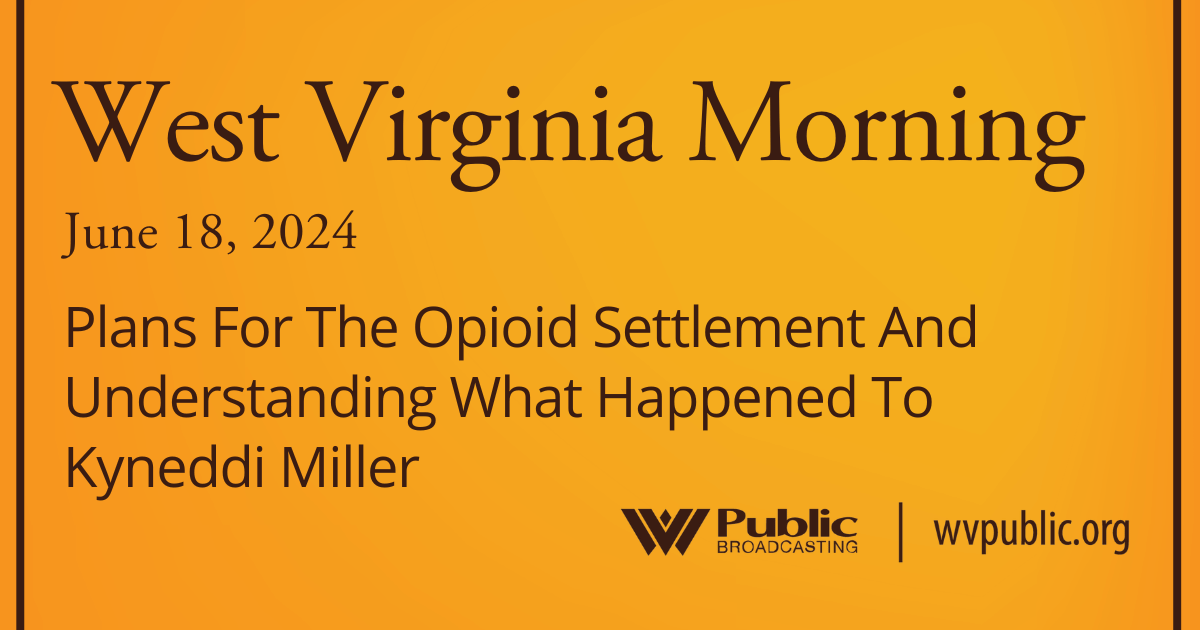West Virginia Attorney General Patrick Morrisey named Johnathan Board as the executive director of the West Virginia First Foundation (WVFF).
The state foundation that will distribute nearly $1 billion in opioid settlement money finally has a director.
West Virginia Attorney General Patrick Morrisey named Johnathan Board as the executive director of the West Virginia First Foundation (WVFF).
“As neighbors, we recognize when there’s a problem in one place of the state, it’s a problem in another place,” he said. “And West Virginians are very good neighbors. And so we’re privileged to look out for each other.”
Board’s background includes external and governmental affairs, program management and substance use disorder (SUD) policy, financial oversight and fundraising.
He has served in many capacities as executive director, CEO, director and chairman of the board of businesses and nonprofits, most recently serving as vice president of external affairs for Vandalia Health.
Board graduated with a law degree from West Virginia University (WVU) in 2009 and holds a Bachelor of Science degree from Fairmont State University, 2004.
The WVFF board consists of 11 members — six elected by each region and five appointed by the governor. Board will run the day to day operations of the foundation.
“This is a major step toward healing the battered communities in this state caused by the opioid epidemic,” Morrisey said. “I am confident that with Jonathan’s expertise and dedication to this cause, our mission to heal the wounds of the past is on solid ground.”
Through settlements from various lawsuits with opioid manufacturers and distributors, West Virginia stands to gain about $1 billion over the next 10 to 15 years to be spent for recovery and prevention programs.
To ensure the money is used correctly, the West Virginia Legislature created the West Virginia First Foundation to distribute those settlement funds.
The foundation will handle 72.5 percent of the state’s settlement funds, while 24.5 percent will go to local governments. The remaining 3 percent will be held by the state in escrow to cover any outstanding attorney’s fees.
Board was previously elected to the WVFF to represent Region 4. That region includes Barbour, Braxton, Doddridge, Gilmer, Harrison, Lewis, Marion, Monongalia, Preston, Randolph, Taylor, Tucker and Upshur counties. That region will now have to pick a new representative.
He was planning to run for the state Senate as well, but his campaign website consists of a letter announcing that he is suspending his campaign.
